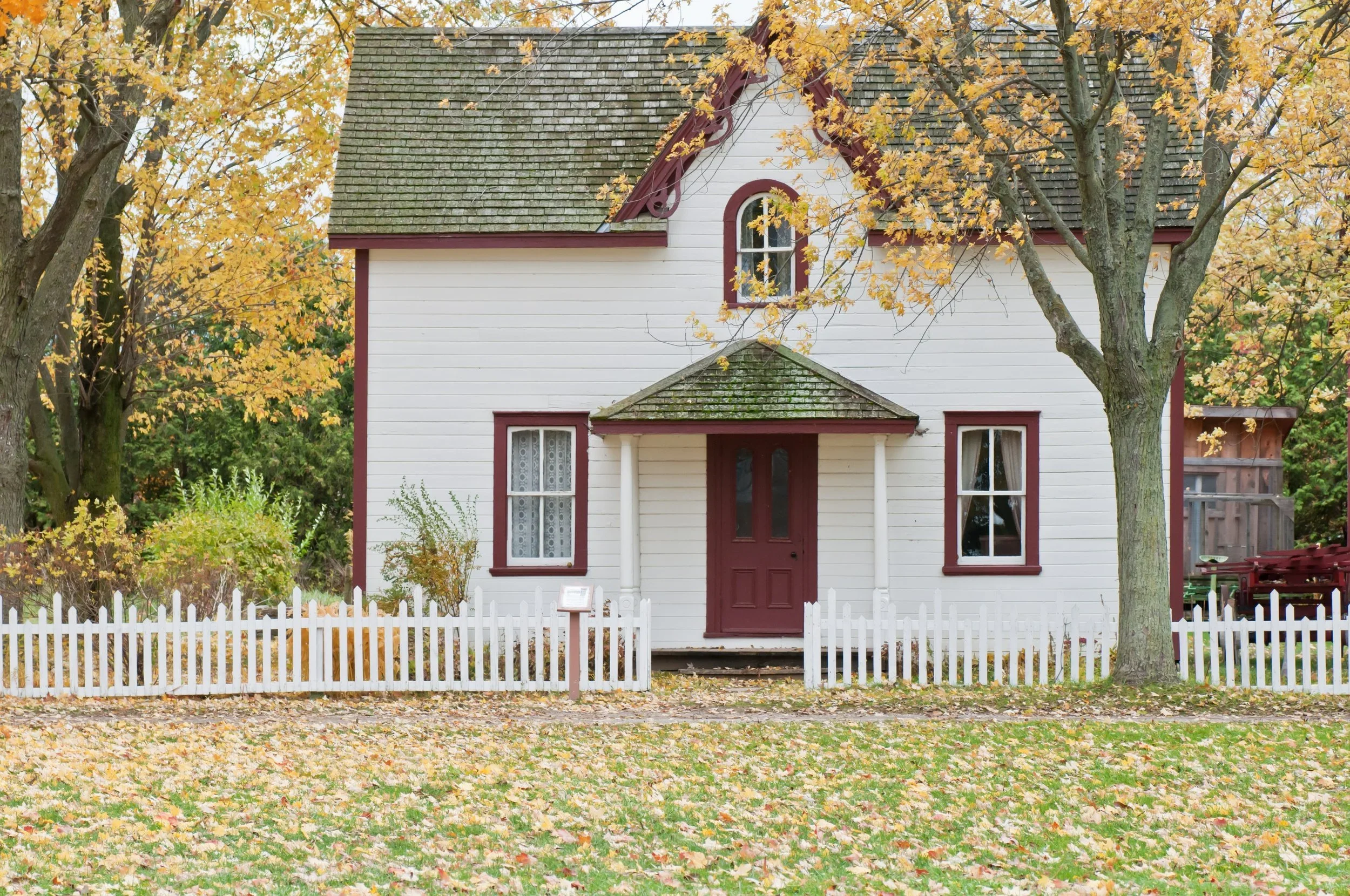Inheriting a House with No Mortgage in Arkansas
Losing a loved one and inheriting their home can bring mixed emotions. If you’ve recently become the owner of a family house with no mortgage, you may be unsure about what steps to take next. Understanding your options and obligations will help you make informed decisions that honor your loved one’s legacy while securing your future.
Navigating the Probate Process
Even if the house is free of mortgage debt, the property is still part of the estate and may need to go through probate. Probate is the legal process of transferring ownership and clearing up the deceased's estate. Although some states allow you to take ownership quickly via a deed naming you as the beneficiary, most cases will require you to go through probate before the title is officially transferred to you.
Since there is no mortgage, the process may seem easier, but the house must still be handled like other estate assets until the probate process is completed. If there are outstanding debts and insufficient assets to cover them, the house might need to be sold to pay off creditors.
Co-Inheriting the House with Others
If you share the inheritance with siblings or other heirs, it’s important to communicate early on about what everyone wants to do with the property. If there are multiple inheritors, everyone will need to agree on the next steps. If you’re the only one who wants to keep the property while others prefer to sell, you may have the option to buy them out.
If another heir wants to live in the house full-time, the situation might require an agreement on rent payments or how you’ll be compensated for not having the full use of the house.
Options for the House
If you're the sole heir, you have a few options for the property. Whether you decide to live in it, rent it out, or sell it, each choice comes with important considerations.
Keeping the Home
If you choose to keep the house, it's important to conduct a thorough inspection. You'll want to be aware of any hidden issues, such as problems with the foundation, plumbing, electrical systems, or roofing. A structural and pest inspection is also recommended to avoid unforeseen expenses.
It’s also wise to get an appraisal to determine the home's market value. Consider whether investing time and money into repairs will make it a worthwhile long-term living situation.
Selling the Home
Selling the house is another option to consider. Without a mortgage, the sale proceeds could largely be profit. However, you’ll need to decide whether to sell the home as-is or make upgrades to increase its value.
If the house is outdated, finding a buyer may be challenging. In this case, cash buyers or real estate investors who specialize in buying fixer-uppers could be an option. They typically purchase homes in their current condition at market value.
Alternatively, if you choose to renovate, you can sell for a higher price, but keep in mind that repairs and upgrades take time and money. Enlisting the help of a real estate agent can guide you through this process and ensure you get the best return on investment.
Renting the Home
Renting the home is a great way to generate extra income. Owning a rental property offers regular cash flow, but it also comes with responsibilities. You'll need to maintain the property and ensure it complies with local zoning laws for rental properties.
Before renting out the home, perform a market rent assessment for the area to determine a fair rental price. You’ll also need to find reliable tenants who will respect the property and pay rent on time. If the property is in a tourist-friendly area, consider short-term rentals like AirBnB, which may offer higher rental rates per night, especially if there’s a demand for private accommodations.
If you’re unsure, consult a property manager or real estate professional to navigate local laws and ensure the rental process is smooth.
Tax Considerations for an Inherited Home
As the new owner, you’ll be responsible for taxes on the inherited property. Depending on the state, you may be required to pay inheritance tax on the home, which is a percentage of the property’s value. Some states offer exemptions based on the property’s value or your relationship to the deceased.
Additionally, property taxes may be reassessed after inheritance, potentially increasing the amount you owe each year. Keep in mind that if the previous owner didn’t stay current on property taxes, you may be responsible for any overdue amounts.
Capital Gains Taxes
When selling the property, you may owe capital gains tax on the difference between the sale price and the house’s value when you inherited it. However, if the sale results in a loss, it could be deducted from your taxable income. This could be especially important if you spent money on repairs or upgrades.
If you rent the property out, any rental income you earn will be taxed as regular income. However, the eventual sale of the property could still be subject to capital gains tax.
Seek Expert Advice
Inheriting a home, even one with no mortgage, involves several factors that can impact your financial and legal standing. Make sure to consult with legal and financial professionals before deciding on a course of action. By understanding your options and the responsibilities involved, you’ll be better equipped to make a decision that aligns with your long-term goals.

